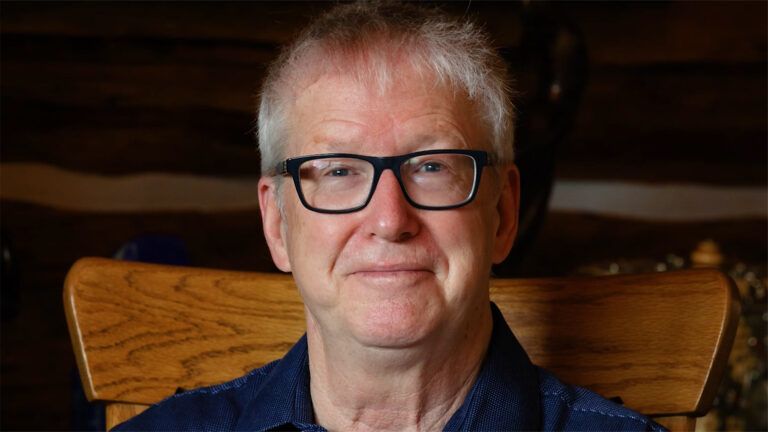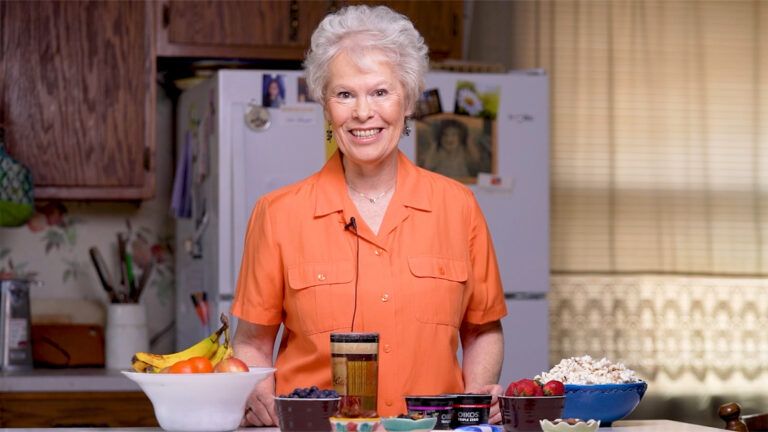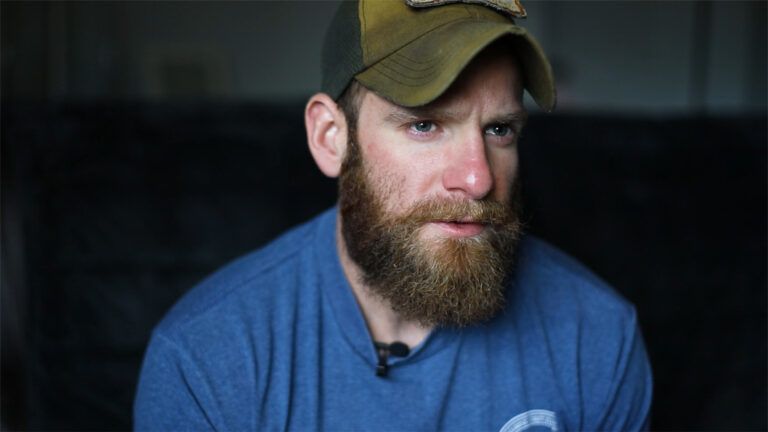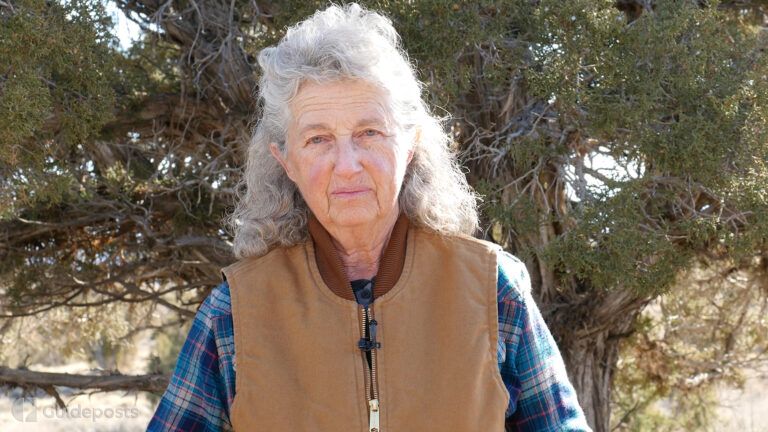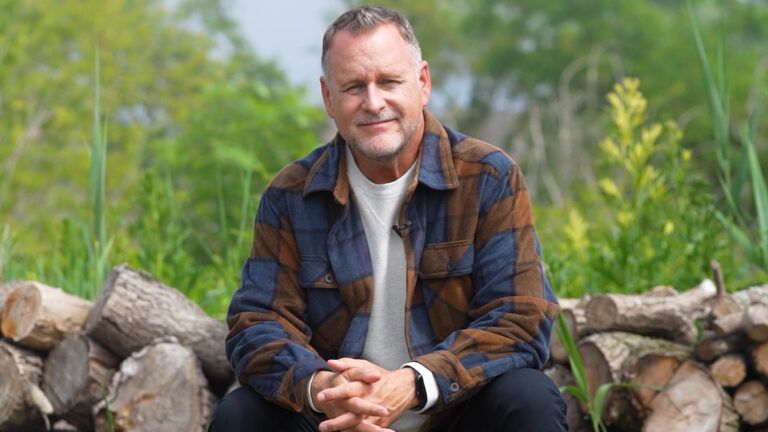
Tags
How to Help a Teen or Young Adult Struggling with Addiction
Ross Hauser shares from experience the addiction challenges young people face.
View Transcript
Guideposts Video: Inspiring True Stories
Hi, my name is Ross Hauser. I am an operations consultant at Alpha 180, which is a sober living and counseling center located in Austin, Texas.
Although I struggled with addiction from a very young age, the fact that I was able to seek help and overcome that has lead me to the opportunities that I have today, chiefly being that I’m able to help other people who have my same problems, who are struggling with addiction and are in desperate need of help.
There are a lot of reasons that teens and young adults drink to excess. Amongst many, many reasons, especially in young people, is the desire to fit in and the kind of misconception that it will bring you some far off sense of satisfaction or belonging, and at the end of the day, there are always going to be people that will never quite be able to give you the reason for their actions, but yet they will take those harmful actions again and again.
For example, with me I always felt like I needed to quiet my ever-racing mind, you know. I just was uncomfortable with the way that my thought process worked, and I wanted to slow it down, and I just wanted to be able to feel calm and comfortable, and I found out that drinking was one way to do that. I did it again, and again, and again so that I could be comfortable, because I wasn’t comfortable with who I was.
Some of the warning signs that your teen’s drinking has become a problem include isolation. If they’re spending a lot of time either in their rooms behind closed doors, or just out of the house, coming home late, that is a sign that they may be up to something and want to buy themselves some time before they have to be around people.
Also, just a general shift in attitude. A young person is likely to become a bit more defiant as well as closed off if there’s something that they’re hiding, but at the end of the day, the best way to determine where somebody is is to just have open and honest communication and dialogue. Talk about problems. Talk about real things and just try to avoid surface-level conversations.
There are many things that a parent or just any concerned party could do to help a loved one that has a drinking problem. I think that one of the biggest issues when these kind of problems come up is that the concerned party, the parents, are more comfortable denying that their child or their friend may have a problem at all.
First, someone needs to be honest with themselves when they say that there is a problem here that really needs to be addressed, because that keeps so many people from addressing a problem in the first place. They just would like to pretend that it doesn’t exist. Once someone is able to accept that there is a problem here that I need to help somebody with, seeking experienced help is always a great first step, whether it’s Al-Anon meetings, whether it is calling your city’s AA hotline, or just finding someone who has experience helping alcoholics and drug addicts, because it is a very delicate process to get someone who is drinking or using all the time to listen.
In my experience, anyway, it’s always taken a fairly specific set of steps to really get through to that person. It’s important to not smother that person, to not pester them about what they’ve done, because there will be a time to address what they’ve done and ways to fix that, but that’s not in the first day.
The important thing is to let that person know that there’s help available, that you can help them find that, and a little bit of love goes a long way. Letting them know that, “Hey, no matter what has happened, what you’ve been unfortunate enough to go through, I’m here. I’m willing to walk through this process with you and I love you, and this doesn’t affect the way I view you as a person.”


